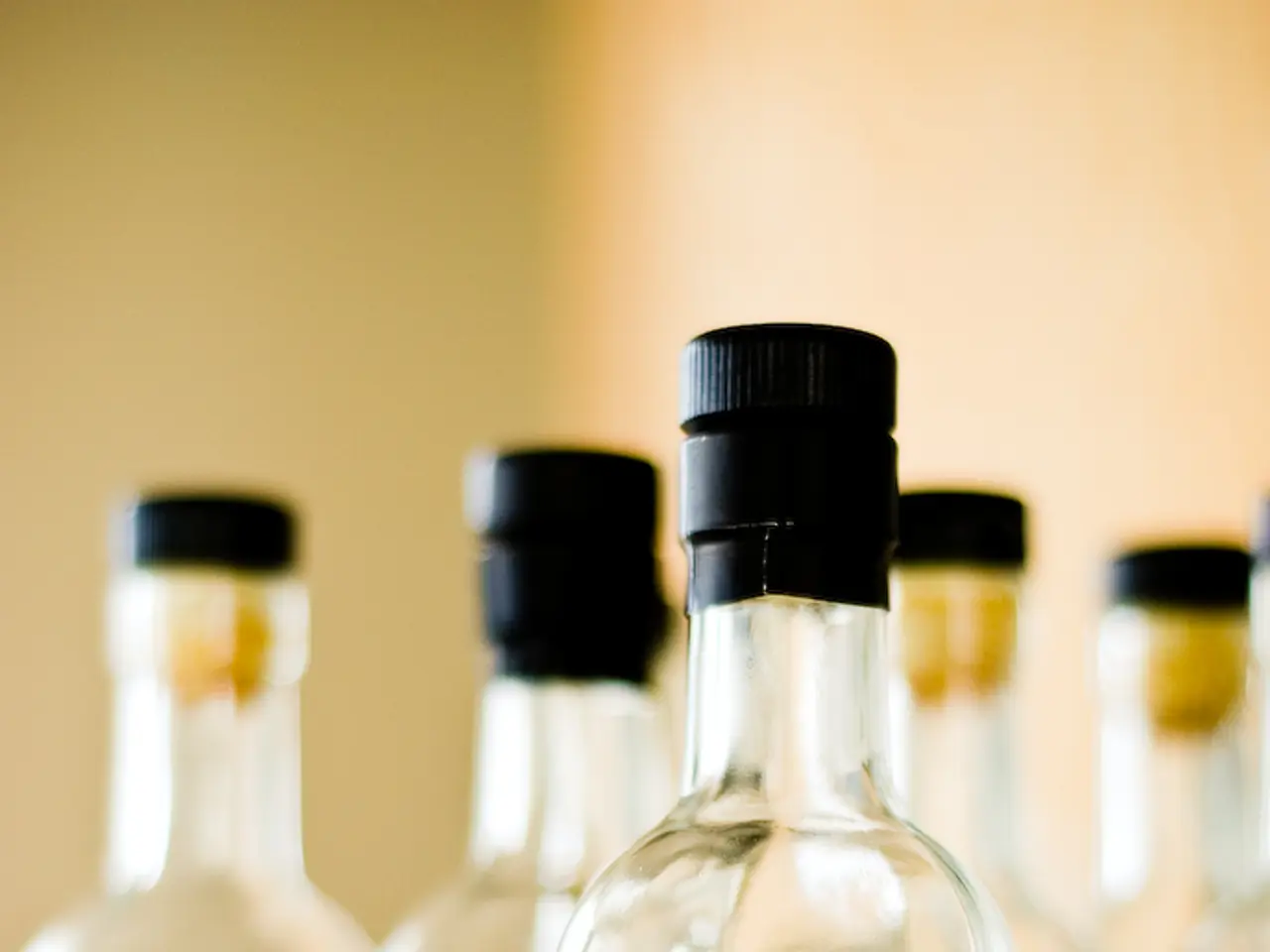Alcohol Use and Bipolar Disorder: Do They Share a Connection?
Alcohol misuse can significantly worsen the symptoms and complicate the treatment of bipolar disorder. A study in 2006 found a direct link between alcohol consumption and the rate of occurrence of manic or depressive episodes, even when participants drank relatively small amounts of alcohol [5].
The effects of alcohol on brain chemistry and nerve pathways can intensify mood symptoms common in bipolar disorder, such as depression and mania. Alcohol use can trigger new psychiatric problems like psychosis and contribute to treatment-resistant anxiety or bipolar symptoms [3].
Moreover, the combination of alcohol with medications used to treat bipolar disorder can worsen side effects such as drowsiness, dizziness, memory impairment, confusion, and poor judgment. This can increase the risk of injury and impair the effectiveness of mood-stabilizing treatments [1].
The relationship between alcohol misuse and bipolar disorder is further complicated by the high prevalence of dual diagnosis, with more than 60% of people with bipolar disorder also abusing alcohol or drugs [1][4]. This dual diagnosis requires complex treatment approaches since substance misuse can undermine the management of bipolar disorder, making both conditions harder to treat successfully.
Treatment for bipolar disorder can be expensive and time-consuming, and the challenges are further exacerbated by alcohol misuse. Alcohol misuse reduces adherence to bipolar disorder medications, worsens mood instability, and increases hospitalizations. Detoxification and management of alcohol use disorder often need to occur alongside mental health treatment [2][4].
Behavioral therapies, medical supervision, and support groups for both conditions are essential for recovery. It is crucial for individuals with bipolar disorder to seek professional help and for healthcare providers to be aware of the potential for alcohol misuse and its impact on treatment [2].
In the United States, bipolar disorder affects approximately 5.7 million people at some point in their lives [6]. The long-term negative impact of bipolar disorder on a person's relationships, work, and social life underscores the importance of effective treatment and management of the condition.
References: [1] National Institute of Mental Health. (2020). Bipolar Disorder. Retrieved from
Science highlights the detrimental effects of alcohol on health-and-wellness, particularly mental health, in individuals with bipolar disorder. Nutrition and lifestyle approaches, coupled with mental health treatment, are crucial for managing and mitigating these risks.




